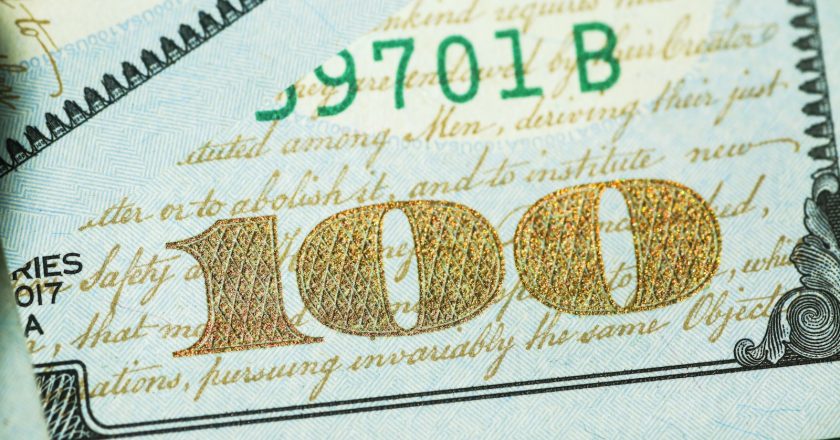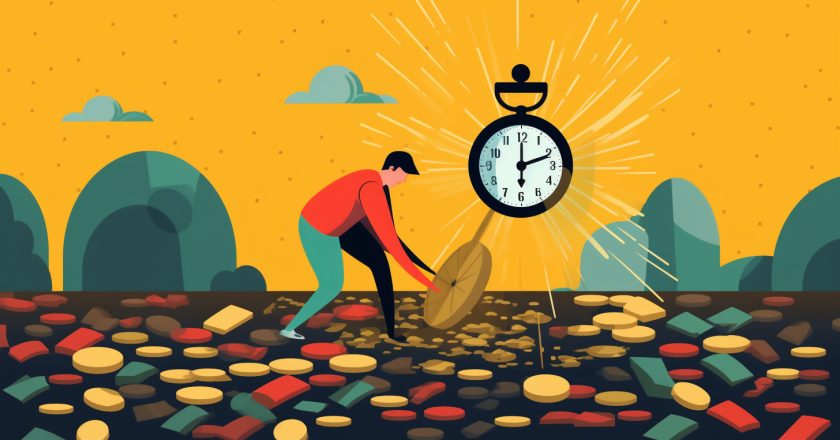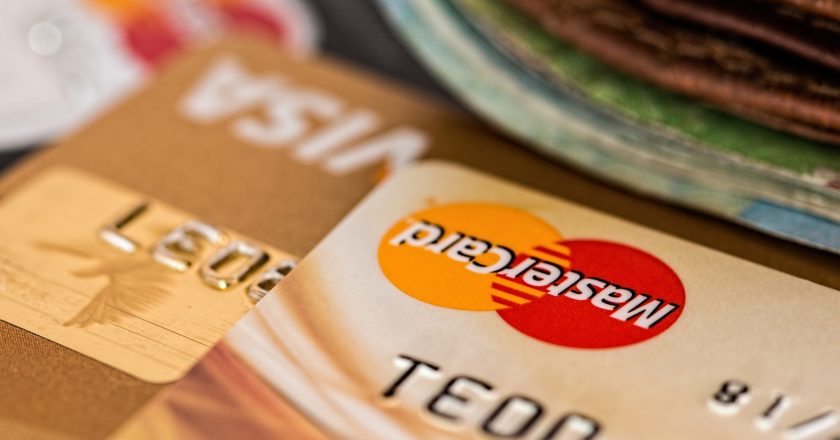Debt 101: The Basics Of Borrowing
To effectively manage your financial obligations, it's essential to develop a comprehensive strategy that aligns with your long-term goals. This means understanding the amount of debt you have and creating a plan to pay it off in a timely manner.
One way to do this is by prioritizing your debts based on interest rates and paying off the highest interest rate debts first.
Another key element of managing debt is budgeting. By creating a budget, you can track your spending and identify areas where you can cut back in order to put more money towards paying off your debts. It's important to be realistic when creating a budget, taking into account all necessary expenses such as rent or mortgage payments, utilities, food, and transportation.
Communication with lenders is crucial when managing deb...









